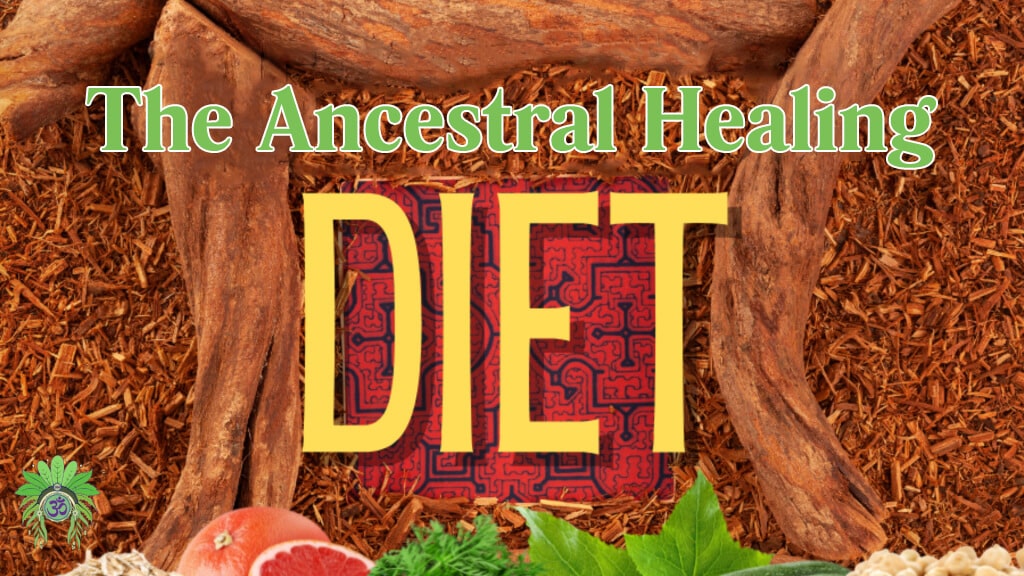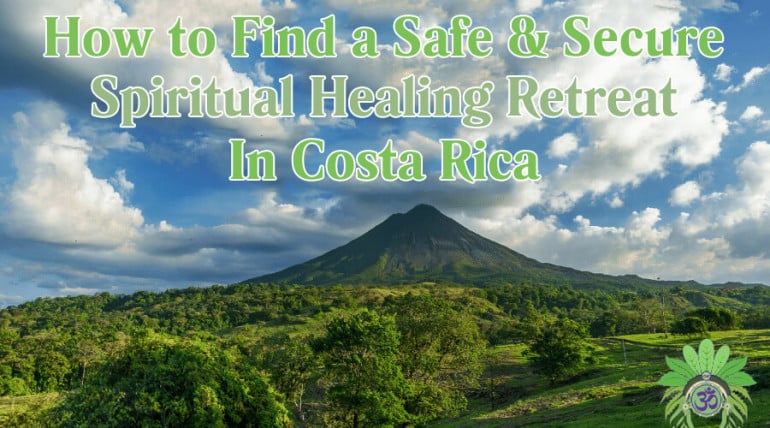This diet has been used by indigenous people for centuries and it’s considered a traditional Amazonian medicine. These people figured out a way how to purify the body before the ceremony leading to a clearer state of mind and more profound spiritual experience.
It is vital to go through a hard process of mental, bodily, and spiritual cleansing before conversing with plant spirit. To fully benefit from the ayahuasca diet’s potential to promote physical healing and spiritual transformation, it is essential to abstain from any substance or activity that can cloud the mind. Furthermore, setting the intention is critical to align oneself mentally toward deep healing.
To optimize personal growth, one should prepare their body in the weeks leading up to their journey. This includes eliminating certain foods from their diet to reduce the amount of purging required to eliminate toxins. While it may be challenging to give up enjoyable foods, adhering to a strict diet before and after the retreat demonstrates a commitment to the healing process and establishes a foundation necessary for the profound healing of the body, mind, and spirit.
What is the Ancestral Healing Diet?
If you are frequently eating processed foods, and red meat washing it down with sugary drinks, there will be major changes to your diet. On the other hand, if you consume mostly whole, plant-based foods, your diet won’t differ significantly from the way you normally eat.
The main idea behind this diet is to consume clean and nutrient-dense foods that haven’t been processed. This restriction should last at least three days prior to the ceremony, but ideally up to two weeks, it is necessary to avoid red meat, pork, spicy foods, caffeine, alcohol, dairy, and excess sugar and salt. Furthermore, it is recommended to stay away from foods with an abundance of flavor, such as garlic and onion, and overripe fruit in the days prior to the ceremony. Additionally, tyramine-rich foods and drinks such as fermented foods, aged cheeses, tofu, soy sauce, and yeast should also one removed from your diet.
Tyramine-rich meals and beverages should be avoided since the ayahuasca brew contains a monoamine oxidase inhibitor (MAOI). MAOIs prevent the breakdown of amino acid tyramine. When these kinds of foods are consumed with the ayahuasca brew, the body may find it challenging to digest them, which might result in headaches, elevated blood pressure, or heightened nausea.
In addition to this, the Ayahuasca diet has some spiritual significance as well. It’s not only about the physiological reaction of the body to the medicine, the state of mind is, perhaps even more important than preparing the body itself. Limiting ”comfort foods” and eating a clean diet can teach you how to approach things with respect and gratitude, which can eventually be reflected in jungle medicine and the journey it will take you on.
Why is It Important?
The reason behind the dieta is that many practitioners believe that approaching an ayahuasca experience with a cleansed body and mind can create a stronger connection with the plant spirit. By eliminating toxins and distractions from your system, you create a blank slate for the medicine to work on, allowing for deeper insights and a more profound experience. If you ignore the dieta, you could create additional resistance in the form of mental and physical purging, making it harder for the medicine to have a clear path to your consciousness.
Adhering to the dietary guidelines honors the traditions of the communities where the ayahuasca ritual originates. Indigenous shamans and other trained practitioners often undergo extensive dieta training. By committing to the same restrictions, you demonstrate respect for the brew and its lineages, potentially enhancing your ability to connect with the plant spirit.
Foods to Avoid
Ayahuasca tradition from native Peruvian guidelines suggests a light and healthy dieta with minimal or no animal products, particularly important for cleansing the body before and after the ceremony
The majority of the Amazonian tribes such as the Yawanawa, the Shanenawa, and the Hunikuin follow the same regiment. The guidelines suggest a light and healthy diet with minimal or no animal products. This is extremely important for cleansing the body before and after the ceremony.
Foods to Include
The simplest diet is to have light vegetarian meals with moderate to low amounts of salt, sugar, and fat for three days prior to and following the healing ceremony. On the day of the ceremony, it is best to only consume raw food.
- both fresh or cooked
- peas and beans
- oil, but avoid frying
The Spiritual Diet
This diet is not only about physical preparation for the healing ceremony, but it also has spiritual significance. It is believed that the dieta can help a person to connect more deeply with the master plants and the spiritual realm.
By adhering to the restrictions of the dieta, a person is demonstrating respect for the sacredness of the master plants brew and its lineages. It shows a willingness to put in the effort and discipline to prepare oneself physically and spiritually for the experience. This commitment can help to create a stronger intention and focus for the ceremony, which can lead to a more profound spiritual connection and transformation.
The dieta can also be seen as a form of purification, both physically and spiritually. By eliminating certain foods and substances from the diet, a person is clearing out toxins and negative energies from the body and mind. This can help to create a clearer, more receptive state for the master plants to work its healing and transformative powers.
In addition, the dieta can be a practice of mindfulness and self-awareness. It necessitates that a person makes deliberate, aware dietary decisions and pays attention to how different foods affect their body and mind. This mindfulness can continue throughout the healing ceremony and beyond, leading to a deeper understanding of oneself and a greater sense of connection to the world around us.
The Aspects of Spiritual Fast
In a world full of constant information overload, it’s easy to get caught with an overwhelming amount of negativity and unhealthy behaviors. One way to combat this is through a spiritual dieta, where you fast from negative influences and focus on cultivating positivity and gratitude
According to native tribes who have used jungle medicine for centuries, a spiritual fast is more important than a physical one. Think about how much negative information we consume on a daily basis through social media and news. All this information builds up and eventually can cause you to lose your compass while on a psychedelic journey. That’s why it’s important to cleanse yourself from this negativity by taking a break from social media, news, gossip, and pretty much anything that is a constant stream of unhealthy information.
Another thing that should be done is complaining fast. Challenge yourself to go 24 hours without complaining, and not only vocalize complaints but also internalize negative thoughts. Use this time to focus on positive thinking and preparing yourself for the spiritual journey. Take stock of how much time you spend complaining versus expressing gratitude each day. Aim to shift your focus more towards gratitude and positivity.
If you take a look at people who are vegans and eating healthy, their diet may not change as much. Thus, ask yourself what are they giving up in exchange for the benefits of the medicine. Doing a spiritual fast is a key component to having a positive journey while on the medication and integrating those results afterward.
Why are Preparation and Diet Important?
The diet has spiritual aspects that are just as important as its physical ones. The body is seen as a vessel for medicine, and the more prepared it is, the more profound the experience will be. A strict diet for a week before, during, and after the retreat is essential to ensure the body is in its best possible condition to receive the plant medicine. This requires discipline and dedication, but it demonstrates a commitment to the healing process and sets the foundation for profound healing of the body, mind, and spirit.
It’s critical to keep in mind that the ayahuasca diet also involves cultivating positive thoughts and emotions, in addition to the food you eat. Preventing oneself from getting angry, losing faith or doubting in the process, or thinking negatively about the diet are also essential restrictions that must be followed. The diet is a long process it happens 24 hours a day and even when you sleep. If you want to have the most profound healing experience stick to both a physical and spiritual diet in order to get the best possible outcome.



